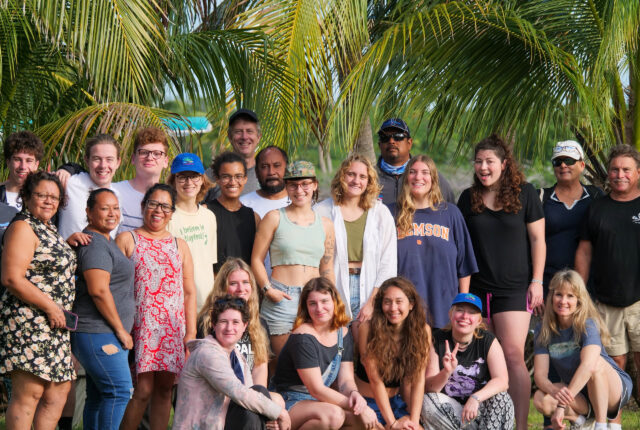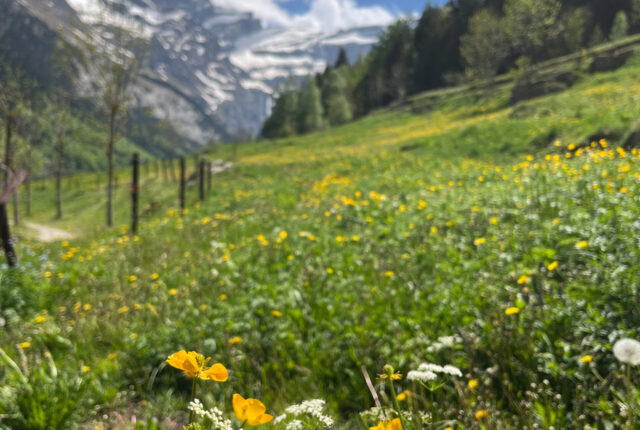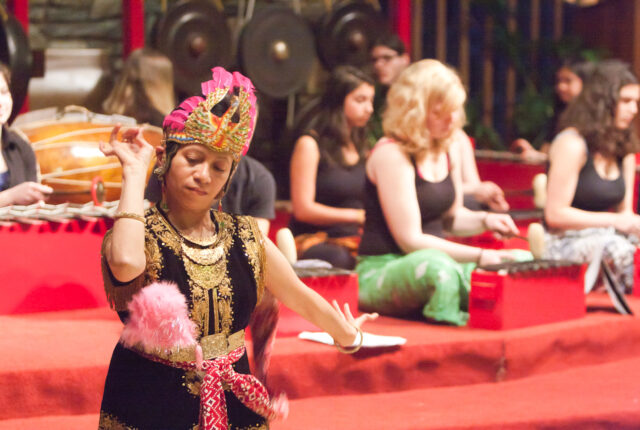Here are just a few of the opportunities we offer to explore the world!
Belize: Comparative Psychology and Cultural-Historical Studies
Comparative psychologists study the behavioral patterns & minds of a wide array of animal species, including humans. There is an emphasis on discovering similarities & differences across species that may shed light on evolutionary & developmental processes.
Belize has a rich marine life as well as diverse cultural and language traditions. We will use a comparative & cross-cultural lens to focus on marine species and on learning from the people of Belize.
After the fall semester, we will travel together for an 11-day field course to Belize to assist researchers from EcoMar (focusing on conservation issues & marine research) and to learn about the country, its people, and its traditions.
We will visit & learn about Mayan ruins, cultural heritage sites, etc. We will stay at a Belizean family-owned villa where Spanish and Mayan languages are spoken with regular opportunities to immerse ourselves in the culture and daily Belizean life.


